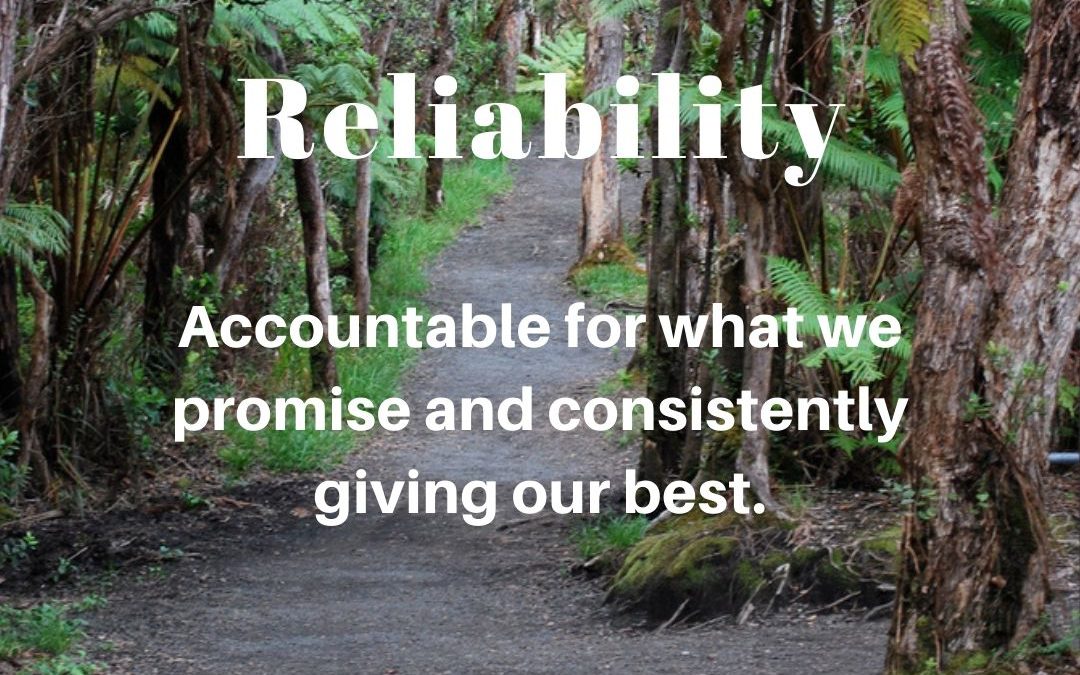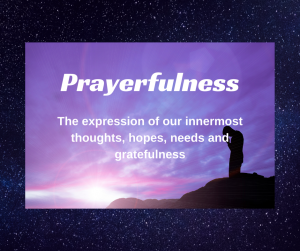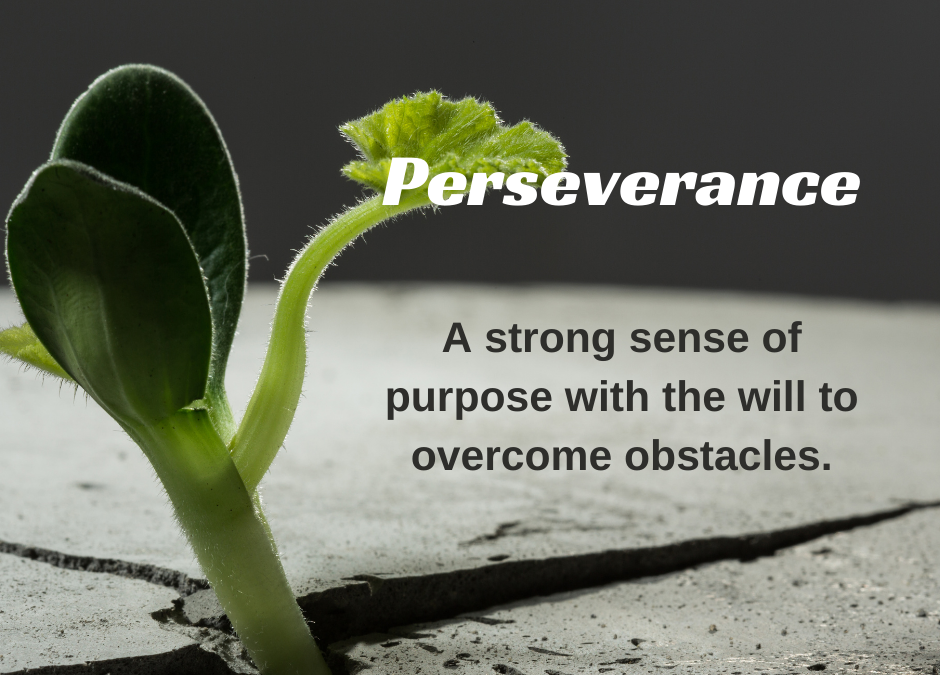
Reliability
Description
Reliability is the bedrock of trust and integrity in every aspect of life. It is the quality of being dependable, ensuring that others can count on us to follow through on our commitments. When we practice reliability, we take responsibility for our actions, honoring our word and fulfilling our promises with care and consistency.
Reliability means doing what we say we will do—promptly, predictably, and without needing reminders. It involves careful consideration of our capacities, ensuring we don’t overcommit so we can give our full attention and energy to the tasks and relationships we value. Reliability requires resilience and perseverance, enabling us to overcome obstacles and maintain our efforts until a promise is fulfilled.
Reliability fosters trust and mutual respect in relationships. Friends and loved ones know they can lean on us when they need us. In professional settings, it earns respect and builds a reputation for excellence. In personal growth, it strengthens discipline and the ability to follow through on goals.
Ultimately, reliability is a gift to ourselves and others. By practicing this virtue, we create a dependable presence in the world, one that upholds values, nurtures trust, and inspires confidence. It reminds us that small, consistent actions often make the most significant impact.
Affirmations for Reliability
1. I keep my promises, no matter how small.
This builds trust and shows others they can depend on you.
2. I choose commitments carefully and follow through on them.
Avoiding overcommitment ensures you can give your best to what you take on.
3. I manage my time wisely to honor my responsibilities.
Prioritizing time helps you meet deadlines and stay dependable.
4. I show up on time and ready to give my best.
Punctuality demonstrates respect for others and reinforces your reliability.
5. I admit when I need help to fulfill a commitment.
Asking for support when necessary makes sure that your reliability is maintained without unnecessary stress.
6. I focus on one task at a time to complete it fully.
Giving your full attention to a task ensures it is done well and on time.
7. I communicate openly if a delay is unavoidable.
Being honest about setbacks preserves trust and shows accountability.
8. I reflect daily on how well I upheld my commitments.
Regular self-checks help you stay aware of your dependability and areas for improvement.
9. I take small, consistent steps toward my goals.
Consistency over time builds the habit of reliability and demonstrates your commitment.
10. I treat every commitment, big or small, with the same care and attention.
Valuing all promises equally reinforces the habit of being dependable in all aspects of life.
Quotes
“He who is faithful in a very little is also faithful in much..” — The Bible, Luke 16:10
“Trust is built with consistency.” — Lincoln Chafee
“Let your ‘Yes’ be ‘Yes,’ and your ‘No,’ ‘No’; anything more than this comes from evil..” — The Bible, Matthew 5:37
Reliability In Family Life
Reliability is the cornerstone of trust and harmony in family life. It means being dependable and consistent in our words and actions, creating a sense of safety and predictability for everyone. For parents, reliability involves keeping promises, showing up for their children emotionally and physically, and modeling responsibility through their own actions. For children, it means following through on their commitments, whether it’s completing chores or homework or showing up for family activities.
When a family practices reliability, each member knows they can count on one another, fostering a sense of unity and mutual respect. Reliability is not about perfection but about effort and consistency. Parents and children alike demonstrate reliability when they communicate honestly, take responsibility for their actions, and persevere in fulfilling their roles within the family.
In a reliable family, everyone feels valued and secure, knowing their needs and contributions matter. This virtue strengthens bonds, nurtures trust, and creates a foundation where love and respect can flourish, enabling the family to grow stronger together. Reliability turns promises into action and transforms intentions into meaningful connections, making family life both stable and enriching.
Balancing Reliability
Reliability, when practiced in balance, is a powerful force for creating trust and stability in family life. It ensures that commitments are honored, relationships are strengthened, and a dependable environment is fostered. However, overdeveloped reliability may lead to rigidity or burnout, while underdeveloped reliability can erode trust and cause frustration. Balancing reliability with complementary virtues helps ensure it remains a source of harmony and growth.
-
-
-
Flexibility: Flexibility allows for adapting to unexpected changes without compromising the essence of reliability, teaching that life’s unpredictability can be navigated gracefully.
-
Compassion: Compassion ensures that reliability is practiced with understanding, encouraging forgiveness and empathy when commitments cannot be fulfilled perfectly.
-
Moderation: Moderation helps balance the desire to be dependable with the need to avoid overcommitment, ensuring energy and focus are not spread too thin.
-
Patience: Patience softens reliability, allowing for growth and learning when family members are still developing their ability to follow through.
-
Honesty: Honesty fosters open communication, enabling realistic commitments and transparency when circumstances change.
-
Resilience: Resilience supports reliability by helping family members persevere through challenges without becoming discouraged or giving up.
-
Self-care: Self-care ensures that reliability is sustainable by encouraging family members to rest and recharge, preventing burnout.
-
Humility: Humility keeps reliability in balance by acknowledging one’s limitations and being willing to ask for help when needed.
-
Gratitude: Gratitude nurtures appreciation for the efforts of others, reinforcing mutual support and trust within the family.
-
Courage: Courage supports reliability by helping family members face difficult commitments and follow through even when it feels daunting.
-
-
Maintaining balance in the practice of reliability ensures it remains a positive force in family life, strengthening trust and unity without becoming a source of stress or unrealistic expectations. By integrating complementary virtues, both parents and children can cultivate a harmonious environment where everyone feels supported, valued, and empowered to grow. This balance is essential for fostering resilience and joy in family relationships.
Joe is a husband, father, grandfather, author, speaker, educator, course creator, and parent/family coach.
He helps parents develop unity, find clarity, communicate, and develop consistency in their parenting with the Four C’s of Successful Families. You can find his work on social media.
In addition, the Four C’s newsletter is enjoyed by many as it encourages parents to self-care, build their relationships with their partners, and raise their children.
And he loves to golf!





